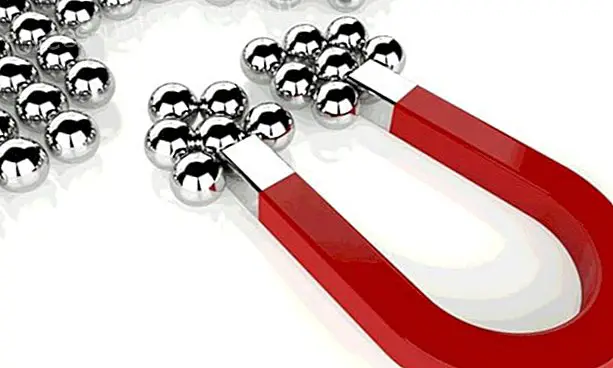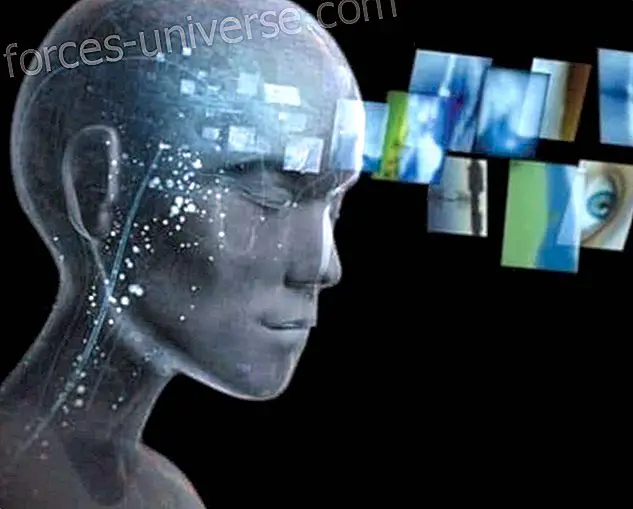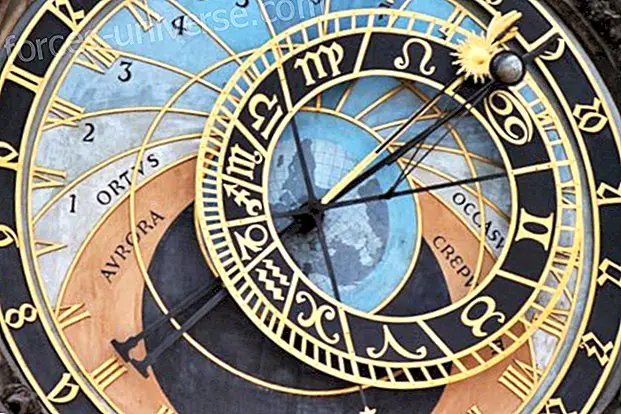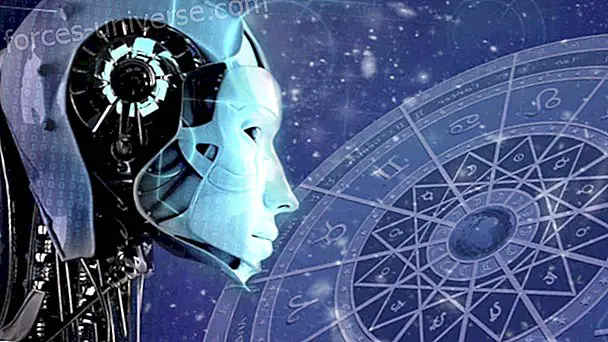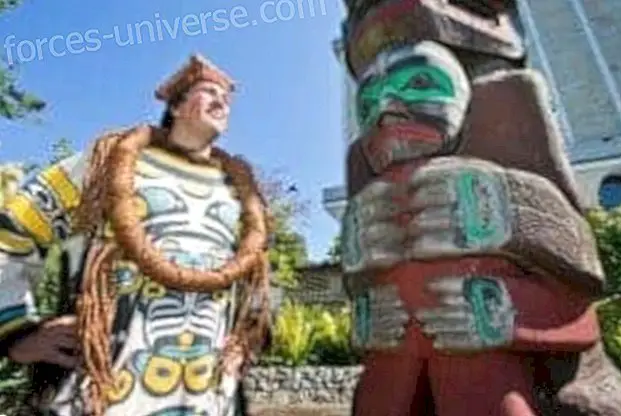
The present.
As you have heard, the current Canon says that the DEVELOPMENT process is one that the peoples live in their transformation from Industrialized to Urbanized, Democratic and Capitalist. Not in that order necessarily.
And it may be partly true. But on a cosmic scale it is more than that.
However, and even knowing that it is "more than that", the gaze will continue to focus on our poor scale of amoebas while still touching the cosmic-transcendent fleeting - which is always present, as background noise, in this myopic gaze.
Thus, an empirical analysis (with our current knowledge and technology) leads us easily to think (from the relationship between population, resources and environment), that the natural limits are being (apparently) exceeded. The downhill, then, would be inevitable.
The question is how change and social organization will be configured in that context. As in the early modern era, the beginning of the 21st century is prodigal in utopian visions. However, adequate sociological theories are lacking.
Concepts such as decrease, collapse or regressive, among others, will gradually begin to take positive meanings, in the near future, as the world must necessarily move below the planetary load capacity.

Ecological footprint
Today the concept of Ecological Footprint is managed to be able to measure the amount of planetary resources that we use as humanity during a calendar year. It is said that when the Ecological Footprint is equal to one unit, Ecological Footprint = 1, then we have already used resources equivalent to a Planet Earth.
This year 2016, the beautiful planet that welcomes us reached on August 8 the condition of “ecological overdraft”, that is, the moment when the biological capacity to regenerate resources in a renewable way and absorb the different wastes is not enough done in a full year.
The date is estimated each year by the Global Footprint Network (GFN) and is sadly referred to as the Earth's overdraft day. In 2015, the planet reached this condition on August 13. This means that Earth's resource reserves were depleted five days earlier than last year.
A good starting point and more information for those who wish to deepen the following link:
http://www.footprintnetwork.org/es/index.php/GFN/page/frequently_asked_questions/
Today we live in Ecological Footprint 1.3 which means that we are 30% exceeded ... and the excesses we all know how they end. Those who do not know I suspect they do not bring anything good.

The lost path.
This ecological footprint (remember ?, the excess? 1.3?) Is the result of our current DEVELOPMENT, which on the eon scale is a crumb of bread in the wind, but in the face of our ephemeral existence it is a few million years to summarize the arduous struggle that has been standing facing the front, and in colors, with 1500 grams of brain mass and a hypersensitive hypothalamus made especially for novelty in everything.
In that sensibility that the protohumans had was that our present existence rests. If we had not begun to freely and generously help the helpless we would never have begun abandoning the animal kingdom (in our mind, because in the physical, eye, we have not left it behind at all).
However, the important thing is to recognize that this growth adventure was undertaken with love. All available energy was generously shared, so much that it has catapulted us from the mythological era of a shared struggle at the gates of an even better new world (if we manage to resume the path).

Neolithic crossroads
At some point we lost the path. I think that at the beginning of the Neolithic, that even when it makes us think of a fierce, violent world, it is also an equal and respectful one. Sense of true community, committed. Few leaders and much work shared by all and for all.
I dare to say that the encounter between few was empirical and without threat. Very likely if a clan witnessed the entry of large groups of foreigners into its territory, it is natural to expect violent responses, but surely the encounter between few was with respect and much curiosity waiting for the exchange of new ideas, manufacturing or valuable information that only the experience of others could give.
In the meantime, let's say about 4000 or 5000 years ago that we no longer share generously. The establishment of extensive trade routes led to the creation of empires, security providers and the ability to collect taxes. Since then the division of labor, and society, is more or less the same as we know it today; a small layer of the privileged that monopolizes almost everything for itself and a great mass of people that achieves for them what is left. These happy days of late Mesolithic and early Neolithic gave way to the world as we know it. Is it a stumble? Or do we fail to dimension the powerful advance towards good?
And it's all for lack of love, it's that simple.

a new way
Today we seem to openly notice a dissatisfaction with the abuse and imbalances in the distribution of energy (in the form of money in this era) but perhaps, as hermetic knowledge tells us, everything progresses on the best of what has already been done. In that sense maybe technology and our urban and industrial world is not out of place, the underlying issue is how we make that world without harming the planet or our descendants?
If we add to all of the above that we are in an era of energy change, both specifically and spiritually, it is no coincidence that we should be forced to modify our energy use (from fossil or carbon-based to renewable sources).
Such energy use, with which throughout history we have transformed the culture to it that we exhibit today but that we must necessarily abandon, whether we want to or not.

What will the world be like?
Clearly, globalization begins to look for ways of economic equilibrium ... downwards ... Without wanting to be catastrophic, it is clear that we are finally in the process of change.
What will the world be like? not very different from what we know ... but more expensive, segregated, and increasingly difficult until we profoundly modify the system and its conceptual bases: abuse and exploitation, lack of respect and violence with our environment, nature and similar beings.
It is said that it will be a few decades before this becomes evident and some more so that it is globally accepted that we are already moving to something new, to another way of “making the world”.
From the largest, fastest and centralized to the smallest, slowest and most localized. From competition to cooperation. From unlimited growth to self-knowledge and true planetary union in and with our planet Earth.
Much of what we discuss must be resolved, not today, not in this century, but we must begin to dream of utopias that require new ideas to prepare for the next 500 years.
It is vox populi that the same recipes of Keynesian capitalism no longer serve, nor "the cosmetic mantras of sustainable development or the incense of eco-friendly technologies", much less a supposed green economy.
They say writers, scientists, journalists, intellectuals, artists, professors, social movements. Not so much political parties, unions or unions and it will only be possible with radical changes in our ways of life. Radical memetic change.
Even though we will need all the political imagination, moral generosity and technical creativity that we manage to deploy, it is clear that without a spiritual revolution that involves another mind (new vision) and a new heart (new sensibility) in vain we will seek merely scientific and technical solutions.
It is time to finally close the question of whether we compete or share the planetary resources necessary to support our vital needs and how they impact the delicate dynamic balance of planetary resources and our existence.
Let's go back to the lost path. Where were we? picking up the fallen

